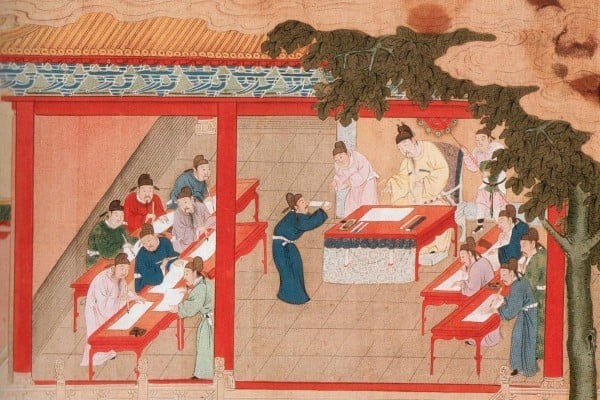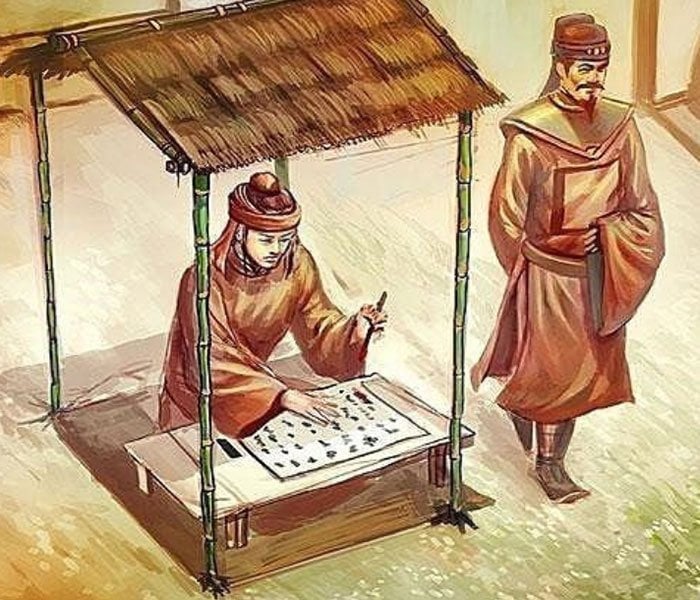In movies, there is often a stereotype of a poor scholar who becomes the Trạng Nguyên after passing the imperial examination and catches the attention of the Emperor, gets married to the princess, and becomes her trusted aide. However, in reality, it is not that easy for a talented scholar to become the princess’s aide.
Why is it difficult for talented scholars to become the princess’s aides?
The reality of ancient feudalism is completely different from movies. In history, there were very few Trạng Nguyên or Thám Hoa who became Phò Mã of the royal family. In fact, many Trạng Nguyên and Thám Hoa were anxious and afraid if they were matched with the Emperor’s daughter. Many believe that for an ordinary person, marrying a princess is a heaven-sent blessing. But for the Trạng Nguyên and Thám Hoa, this is something they worry about. The reason why they do not want to become Phò Mã of the court is very simple.

First, the princess is the Emperor’s precious daughter, who has been pampered since childhood, with a luxurious lifestyle, close attendants, and a thorough understanding of the rules in the forbidden palace. Because of this, the Emperor has very strict requirements when choosing a Phò Mã. Typically, the princesses of the different dynasties in Chinese feudal history were married off to establish diplomatic relationships. By arranging beautiful princesses to marry the enemy, the Emperor could achieve peace at the borders. Therefore, it is very rare for the Emperor to marry his daughter to Trạng Nguyên or Thám Hoa who have just passed the examination.
Secondly, in ancient times, men had higher status than women. If a man held an important position in the court, he could have multiple wives and concubines. On the other hand, women were bound by strict moral standards. However, if men agree to marry the princess – the Emperor’s daughter – and become Phò Mã, the Trạng Nguyên and Thám Hoa would lose their power, have no status, and no voice. If they upset the princess, it would be difficult for them to have a say with the Emperor and could even endanger their families’ lives. Many men who excelled in the examination had a bright future and did not necessarily need to marry the princess and bring trouble upon themselves.
Thirdly, scholars who pass the Trạng Nguyên examination can enter the court as officials. If they marry a princess, their careers would quickly advance and they might even become powerful officials with influence. However, the Emperor, who is suspicious by nature, usually does not want his son-in-law to hold too much power, as it could be detrimental to the court. Once the power of the Phò Mã expands, it will be beyond the Emperor’s control. History records that during the Ming Dynasty, there was a rule that princesses could only marry commoners to avoid future problems for the court.

Fourthly, the reality of the imperial examination is very tough and challenging. Hardly anyone passes the examination on their first attempt and often they have to study history for a long time and take multiple attempts to achieve success. Most people who pass the imperial examination are already a bit older, some of them even have wives and children, not young scholars as depicted in movies. In the end, in feudal times, the imperial examination was the only way for poor men to change their destiny. To become an official, they had to continuously take the exams until they achieved success. Therefore, even if the Emperor admired the Trạng Nguyên, he could not marry the princess to these people.




































